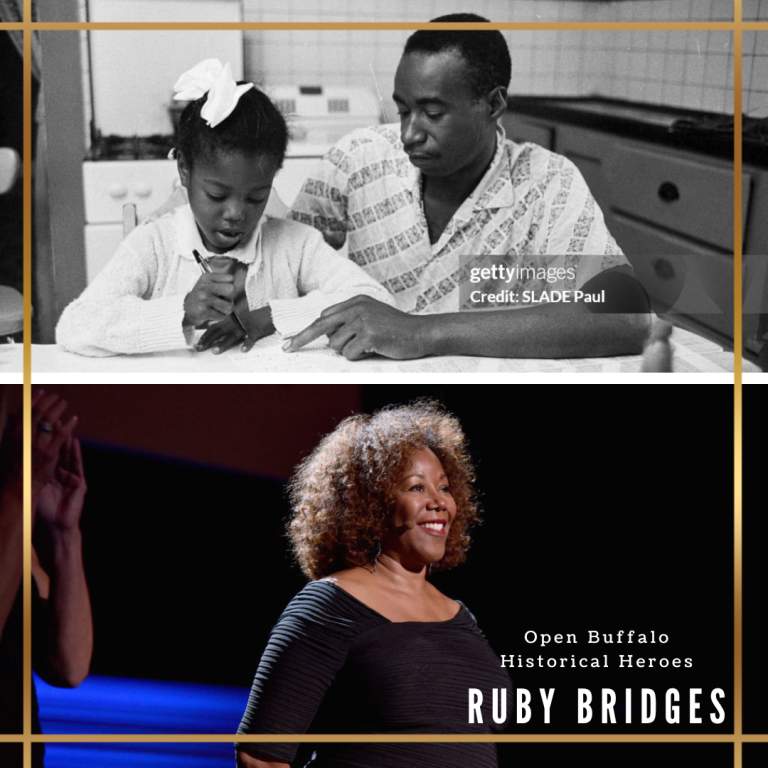
Historical Hero: Ruby Bridges
Published September 20, 2024
By Dr. Kush K. Bhardwaj
Director of Racial Equity & Justice
Born in Tylertown, Mississippi, Ruby Bridges ironically came into this world in the year of the U.S. Supreme Court’s landmark ruling in Brown v. the Board of Education. The ruling ended racial segregation in public schools and Ruby, at the tender age of six, became the first African-American student to integrate an elementary school in the South.
In 1960, a federal court ordered Louisiana to desegregate. The New Orleans Public School District created entrance exams for African-American students to see whether they could compete academically at the all-white school. Ruby and five other students passed the exam.
On November 14th of that year, Ruby Bridges entered history, but she didn’t make it to class. Her attempt to attend the all-white William Frantz Elementary School, a few blocks from their home, resulted in four federal marshals walking Bridges and her mother up the stairs to the principal's office. They sat inside. The marshals sat outside. With chaos and protests raging outside, it was not deemed safe enough for her to join her classmates. At 3 p.m., the school day was over, and she and her mother went home.
The next day, the crowds gathered again. Inside the school, she met her teacher, Barbara Henry, a white woman from Boston, in an empty classroom. The school would be integrated, but Bridges would be taught in a class of one. She couldn't go to the cafeteria for lunch or outside for PE. A few white families braved the mob to bring their kids to class, but it wasn't until spring that Bridges was allowed to see them, when Henry would bring them into her classroom for part of the day.
The next day, the crowds gathered again. One woman screamed at Bridges, "I'm going to poison you."
She was reunited with her first teacher, Ms. Henry, in the mid 1990s, and for a time the pair did speaking engagements together. Ruby later wrote about her early experiences in two books and received the Carter G. Woodson Book Award. A lifelong activist for racial equality, in 1999, Ruby established The Ruby Bridges Foundation to promote tolerance and create change through education. In 2000, she was made an honorary deputy marshal in a ceremony in Washington, DC.
Open Buffalo salutes the life and bravery of Ruby Bridges and the battles she waged and continues to wage. We recognize the allyship of her teacher, Ms. Henry and the need for all of us to fight for justice, no matter how daunting or dangerous. We lift her up to illustrate that the struggle for equality is not lost in the history books, but is alive and thriving today. We honor her, her family and the countless people who stood with her in the face of unimaginable anger, terror and racism. Her courage gives us the strength to carry on our mission.
About this feature: As part of a monthly series, Open Buffalo is saluting a historical figure, born in that month, that captures the essence of our mission to advance racial, economic and ecological justice.